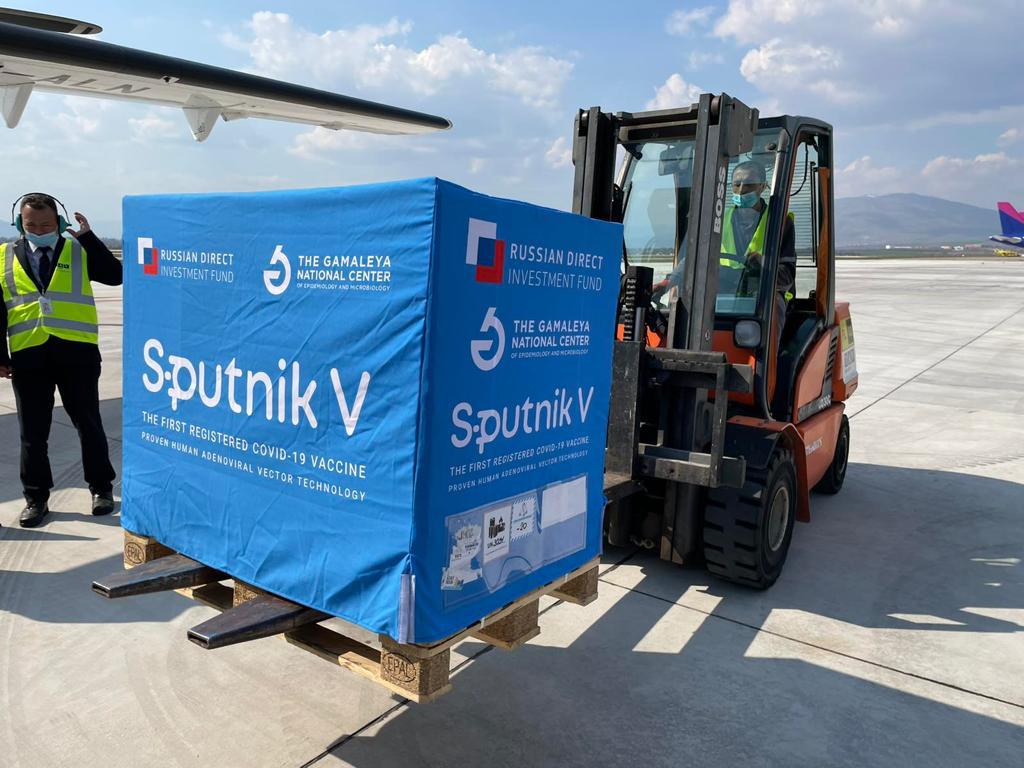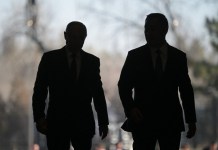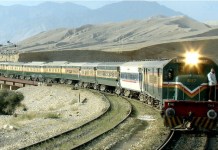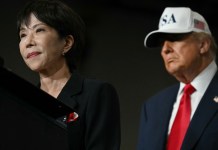The effectiveness of Russia’s Sputnik V, a Covid-19 vaccine is still inconclusive, however, TheLancet, suggested its efficacy at 91.6%.
Are we seeing a revival of an ideological race, reminiscent of the Cold War years, with Russia this time using the anti-Covid vaccine as a powerful tool?
When it was a formidable superpower during the Cold War, the then Soviet Union indulged in space race or nuclear race with the West led by the United States. These races were as much scientific as ideological.
Russia, the successor state, may continue to be a fearsome military power, but its superpower status is now debatable because of its economic decline, made worse by the Western sanctions.
But, the advent of the Covid-19 pandemic has now provided Russia with a great opportunity to win the “vaccine race” over the West. And, it seems to have maintained an edge as of now in this race.
The effectiveness of its Sputnik V, a Covid-19 vaccine, developed last year by the Gamaleya Research Institute of Epidemiology and Microbiology, is still inconclusive, with only one single article published in the medical journal The Lancet, on February 2, suggesting its efficacy at 91.6 percent after the first dose.
But, Russia seems to have succeeded in telling the world that the Sputnik V is the world’s cheapest and second-most highly approved inoculation against the novel Coronavirus.

The Russian campaign for its vaccine is so effective and novel that it is the only Covid-19 vaccine in the world that has its own Facebook page, YouTube channel, and Twitter handle.
On Twitter, the bio-data of the blue-check-verified Sputnik V reads, “The world’s first registered COVID-19 vaccine with proven 91.6% efficacy, developed by the Gamaleya Research Institute. Registered in 57 countries.”
And for good measure, it bills itself as “the only official #Covid Vaccine account,” where it keeps its 231000 followers to date with a steady torrent of news—mostly in English—from around the world, mainly from countries that have already authorized the Russian vaccine.
Mauritius became the latest country to grant approval to vaccines on March 22. The vaccine has now received approval from 57 countries, including China, Pakistan, Sri Lanka, Myanmar, and Argentina.
Of course, Russia’s vaccine-race has been challenged by formidable opponents. European Union High Representative Josep Borrell has lambasted Russia for “seeking to discredit other vaccines produced by Western companies … spreading and amplifying fraudulent information for the purpose of damaging trust and downgrading our [Western] norms and values, as well as weakening our international alliances”
A representative of the US Department of State, Ned Price, has claimed that the United States has found and identified Russia-related outlets spreading disinformation against the (US-produced) Moderna and Pfizer vaccines.
And yet, Russia has managed to break the European unity or solidarity. At the national level, individual EU members are entering into agreements with Russia for the production of Sputnik-V by collaborating with the Russian Direct Investment Fund (RDIF).
Is Sputnik V now the most efficient vaccine in the world with efficacy of 91.6%? Pfizer and Moderna show 90% efficacy in a CDC real world study.
?https://t.co/vcAQOkrVab— Sputnik V (@sputnikvaccine) March 29, 2021
The RDIF has claimed with no rebuttal of production understanding in Italy, France, Spain, and Germany. Moreover, Hungary and Slovakia have agreed to use Sputnik V.
Even EU officials are divided. Despite Borrell’s statement that was made on March 1, Internal Market Commissioner of the EU Thierry Breton officially claimed on March 17 that “Sputnik is of course probably a good vaccine because the Russians are pretty good scientists and […] I would not have any reason to doubt […] one way or the other I think we should probably help Russia”.
Of course, later the EU made some corrective statements through other officials supporting Borrell, but the damage that there exist differences among the EU officials on Sputnik V seems irreparable.
Moscow is exploiting the lack of cohesion inside the Western camp. It is now offering Sputnik shots to all accredited diplomats in the country — a tempting proposition for many foreign diplomats who would have to wait otherwise for a considerable period to go back to their countries for being vaccinated.
There are reports of how vaccinating the diplomats in Moscow becomes a global headline, something the Italian ambassador to Moscow found out to his discomfort last month.
Even otherwise, embassies representing foreign countries whose medical authorities have approved Sputnik V are encouraging staff members to get the two-dose Russian jab. It has also been popular among foreign correspondents.
Interestingly, though India has not sanctioned as yet the production and use of Sputnik V, India’s Ambassador to Moscow Bala Venkatesh Varma has already received the doses of the Sputnik V. That is a big indication that the Government of India will authorize the use of Sputnik V anytime now.
If approved, Sputnik V will be the third vaccine to get approval for use in India after AstraZeneca’s Covishield and Bharat Biotech’s Covaxin.
Dr. Reddy’s Laboratories Ltd has distribution rights in India. On March 23, the RDIF declared that it has so far tied up with five India-based pharma companies for the production of the Sputnik V – Hyderabad-based Virchow Biotech to produce up to 200 million doses a year, Stelis Biopharma to produce and supply a minimum of 200 million doses. Dr. Reddy’s Laboratories, Gland Pharma, and Hetero are also said to be part of this project.
Upon Approval, Sputnik V COVID-19 Vaccine Could Be Produced By As Many As Five Indian Companies: Dr V K Paulhttps://t.co/xELqGdXUEF
— Swarajya (@SwarajyaMag) March 28, 2021
Sputnik V is priced at less than $10 per shot, making it one of the most affordable vaccines in the world. In India, its price is expected to be much lower. In other words, Russia has aggressively marketed the vaccine to non-western countries. It has pitched Sputnik V as the alternative to jabs developed by profit-hungry global pharmaceutical companies.
Secondly, as Timofey Bordachev, a professor at the Moscow-based Higher School of Economics says, Russia’s success in the vaccine-race is also due to the fact that, unlike the erstwhile Soviet Union, Russia is part of the global market, US-imposed sanctions notwithstanding.
And since it is so tightly integrated into various (economic, social, political) global processes, Russia is now able to compete with Western powers using all the instruments and tools equally affordable to all players.
In sum, while it will be difficult to predict the final outcome, it is safe to say for the moment that Russia has been rather effective in the “vaccine race” by playing to its own strengths while simultaneously exploiting the limitations of its opponents. Sputnik V has become a soft-power gold mine for the Kremlin.
Follow EurAsian Times on Google News




